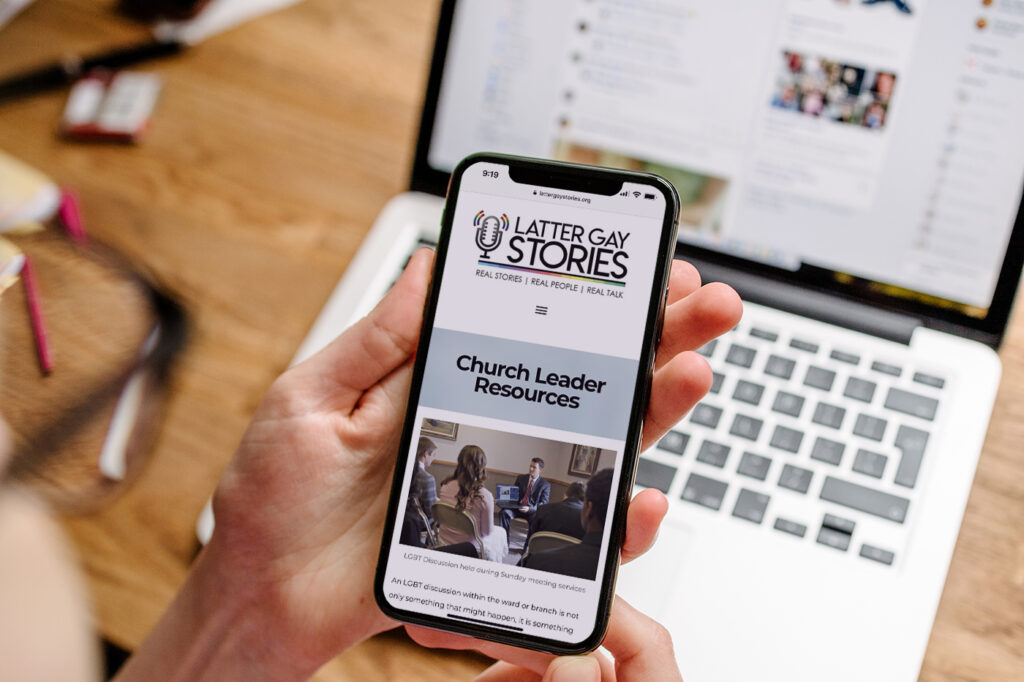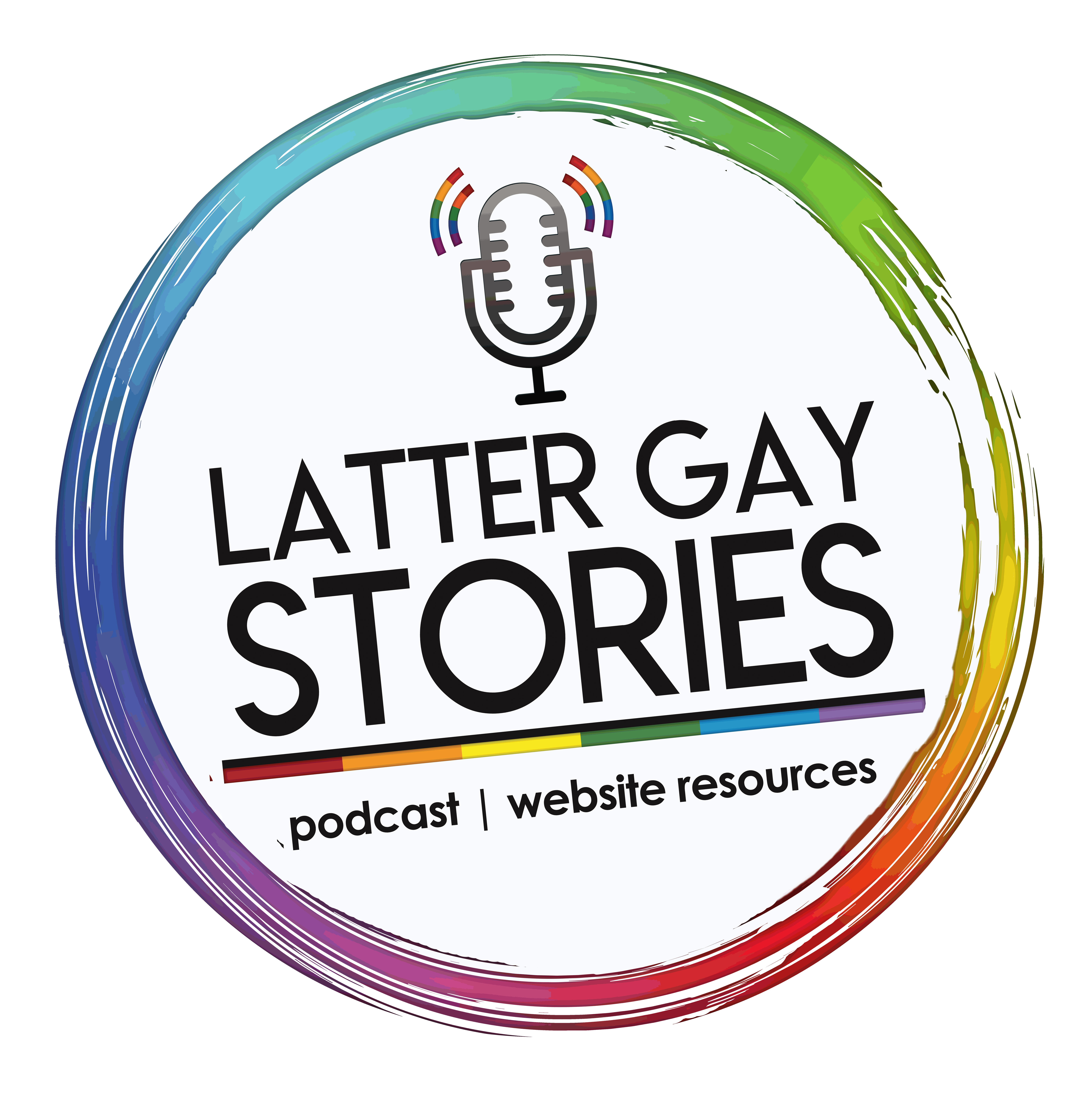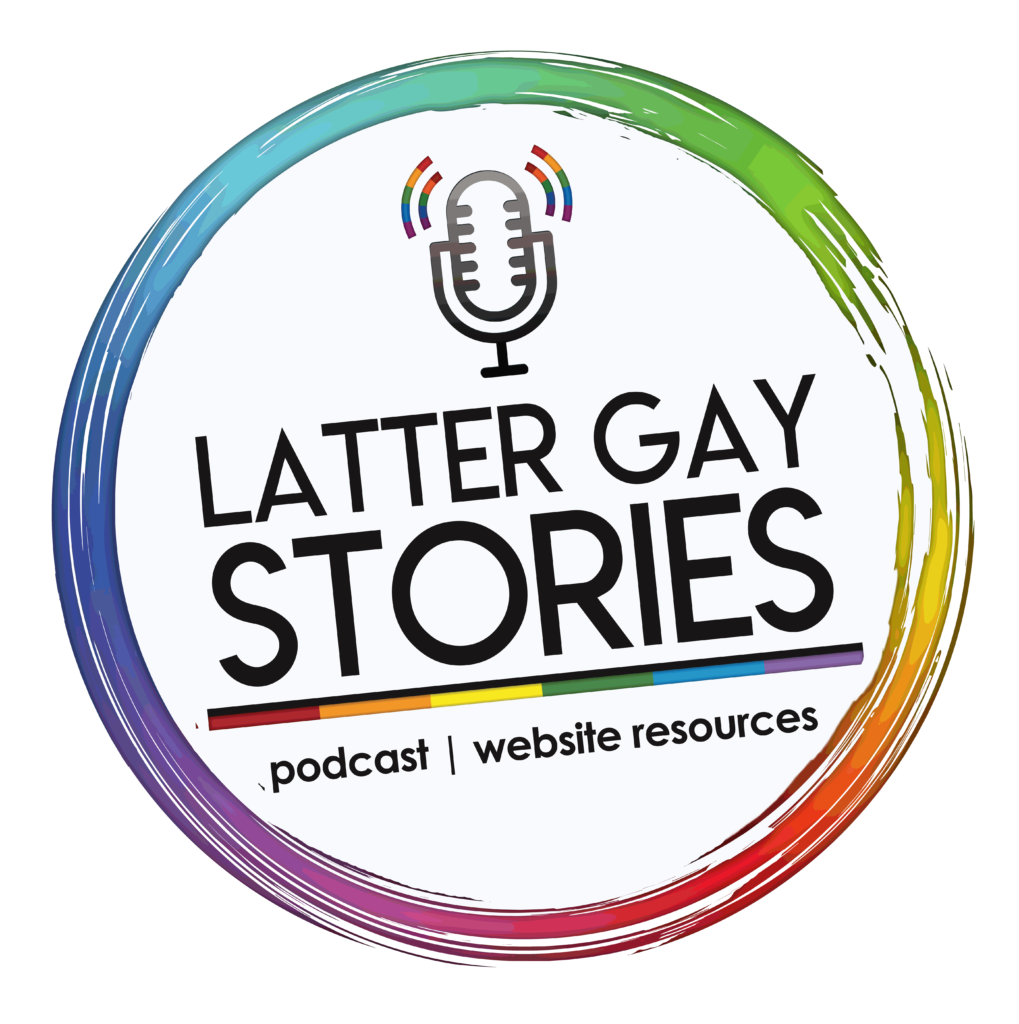I recently received this message from an LDS ally who is trying to create a safe space for the LGBTQ+ people in her local area. She has been hosting firesides, featuring speakers and offering her home as a refuge to the queer community.
She writes:
“How would you describe why LDS LGBTQ people are more vulnerable to suicide? I want to help create an understanding of how our [active Latter-day Saint] messaging causes suicidality. So people don’t think it’s because there is something wrong with LGBT people, but there is something wrong about the way we talk about and to LGBT people.”
I have thought about this question over the last few days and how, even though unintended, some traditional rhetoric (and LDS vernacular) in the Church does cause pain. Sometimes that pain ultimately leads to suicide, and for many others it creates feelings of depression and isolation.
As I contemplated my response to this message I tried to articulate trends that I see in the hundreds and hundreds of people that I have interacted with in this space. I provided this quick response:
“This is a good question. I think I can add only aspects that might help alleviate suicide ideations, not nail down the solution that explains it all (unfortunately).
1) When we lose our sense of community (our sense of belonging) we begin to lose people to suicide.
This is true of any society, LDS or not.
When a person feels alienated or “othered” they slip into feelings of isolation and they begin to no longer feel like they belong within the herd. How is this exacerbated in Mormonism?
The Church teaches an all or nothing mentality. You’re all in, or not. You’ll make to the Celestial Kingdom, or not—but anything less than the Celestial Kingdom is a waste of your purpose. I have heard some terrible rhetoric from Latter-day Saints. Statements like: “you have disrupted the eternal nature of our family by giving into your SSA.” “Clearly you’re not honoring your divine creation and you are “living below your privilege” by living the gay lifestyle.” “If your testimony were stronger you’d put God, not your sexuality (or gender identity) first.”
These are just a few samples of awful rhetoric that exist within in Mormon vernacular. The more the members shame and shun—the further the emotional and physical divide widens among the LGBTQ person and their sense of belonging.
2) Authenticity. This aspect isn’t talked about much. When we speak of authenticity it’s generally assumed that we mean “living your truth.” I think of it differently. Authenticity indeed is living your truth and being who (and what) you’ve been created to be. However, authenticity is also being able to honor honesty and earned integrity.
Let me give you an example.
When I was closeted, I would frequently hear people tell me how wonderful of a person I was. They would comment that how, as a YM President, the boys in my program were fortunate to have such an example of what a husband, father and righteous priesthood holder to guide them. They would comment about my “spirit” and how obvious it was that I was living righteously.
The truth was, I was hiding massive secrets about who the ‘real me’ was. All the outside praise meant nothing to me because those massive secrets prevented me from seeing those praises as authentic. I didn’t feel like I had earned them, because I had created a version of me and hid the one that was authentic. What the world was seeing, was Act 1, Act 2 or Act 3 of my self-created production.
I often remember telling myself, ‘If people knew the real me, they wouldn’t be saying these wonderful things.” And I believed myself.
That is the part of authenticity that I want to help people with.
I am working to let the LGBTQ community know that their goodness is just that—goodness. They are worth the investment.
Living a life that feels inauthentic and a masquerade isn’t life, it’s an act. And for many, when the audience stops clapping, and they convince themselves that they are not worthy of their talent, then many will exit the theater—forever.
Mormons are excellent at praising when you’re “among them” but when they feel you’ve deviated from their idea of “the path”, you’re often left to wander and treated literally as the prodigal who is expected to eventually return to their way of thinking.
I know these are 30,000 foot perspectives, but I hope you can see how these two principles, if handled better by the LDS community might save some of our sons and daughters who aren’t wandering (or lost) at all, but were sent away because they weren’t as “normal” as the other people who occupied the same pews.”
After having a little time to continue contemplating this question, I created a Facebook post asking LGBT LDS people to list some of the harmful messages they have heard from the LDS community regarding this topic.
Here are their responses:
“The Resurrection will be so healing for all the people who suffer like you.”
“You’re fine saying you are something else, as long as you don’t change your body.”
“… there is an LGBTQ “agenda” which is out to destroy the family and normalize pedophilia.”
“Homosexuality is a predecessor to the end of days.”
“It’s a choice.”
“Love the sinner, hate the sin.”
“Faithful members whose circumstances do not allow them to receive the blessings of eternal marriage and parenthood in this life will receive all promised blessings in the eternities, provided they keep the covenants they have made with God.”
“I bet you pray every night that [son’s name] won’t be gay anymore.”
Visiting teacher: “You must worry that your gay son will convert your grandson to homosexuality?”
“I love you…” followed by some stance/comment against the LGBTQ community.
“… upon learning I am gay, ”but you served a mission.”
“Your sexual orientation is like alcoholism, it’s just your cross to bear.”
“You [spoken to the LGBTQ person] are the reason that our eternal family will not be together.”
“Many ward members refused to shake my gay brother’s hand—as if they would contract something.”
“I love you, but I can’t support your life-style.”
“We won’t allow our children to play at the house with two moms, because “who knows what goes on in a house with two women (wink, wink).”
“You have to be celibate just like single people, it’s no different.”
“Sunday School teacher referring to LGBT community as “those people.”
“Everyone has trials … he probably wouldn’t molest children.”
Are any of these phrases familiar? Do you want to make a change within in the Church? Let’s learn from the messages that are being taught today (both by omission and commission.)
The LGBTQ community is every bit as worthy of love and spirituality as those who feel it their birth rite to sanctify the traditions of their Latter-day faith.
“We need to listen to and understand what our LGBT brothers and sisters are feeling and experiencing. Certainly we must do better than we have done in the past so that all members feel they have a spiritual home where their brothers and sisters love them and where they have a place to worship and serve the Lord.”
President M. Russell Ballard | BYU Devotional November 2017
We can do better.
Will you join us?



